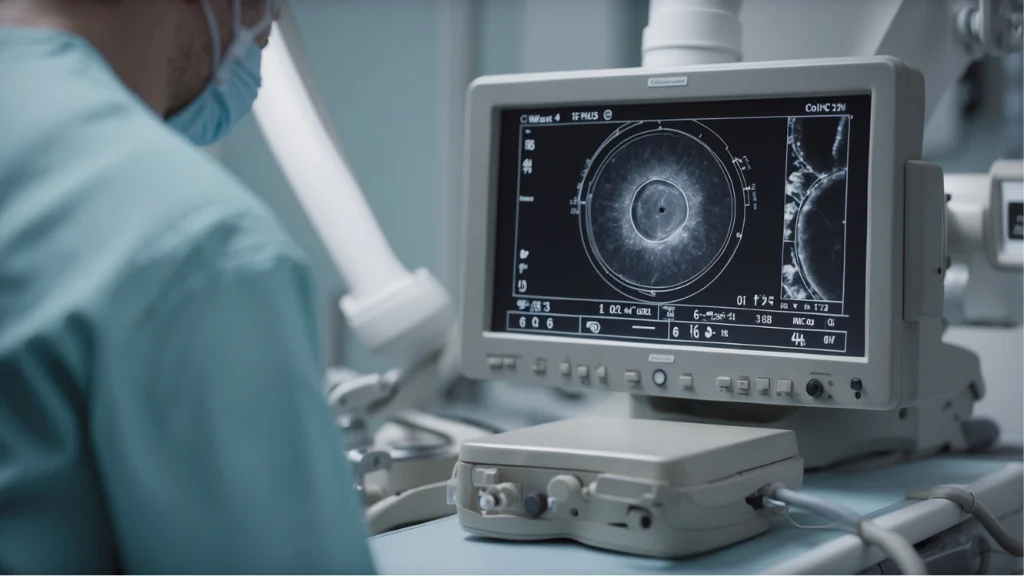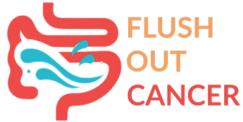Your Colon Cancer Questions Answered – FAQs & Support
Flushing Out Myths and Delivering Facts – Colon Cancer FAQs
Welcome to Flush Out Cancer, your comprehensive guide to understanding and managing colon cancer. Our Colon Cancer FAQs provide accurate, up-to-date information on prevention, symptoms, treatments, and recovery. Whether you’re newly diagnosed, supporting a loved one, or seeking expert-backed resources to make informed decisions, we’re here to provide clarity and hope. At Flush Out Cancer, we believe that knowledge is power, and by flushing out misinformation, we aim to help you navigate this journey with confidence. Explore our site for engaging content, practical tips, and support designed to inspire and educate.

Understanding Colon Cancer
What is colon cancer?
Colon cancer, also known as colorectal cancer, is a disease where abnormal cells grow in the colon or rectum. It often begins as small, benign growths called polyps that can become cancerous over time.
What causes colon cancer?
Risk factors include age (50+), family history, inflammatory bowel disease, diet high in red or processed meats, low fiber intake, and sedentary lifestyle. Genetic mutations and lifestyle choices also play a role.
Is colon cancer hereditary?
It can be. About 1 in 3 people with colon cancer have a family history. Genetic conditions like Lynch syndrome or FAP (familial adenomatous polyposis) increase risk.

Prevention and Early Detection
How can I prevent colon cancer?
Eat a high-fiber, low-fat diet
Stay active and maintain a healthy weight
Limit alcohol and avoid smoking
Get screened regularly starting at age 45 (earlier if you’re high risk)
What are the early warning signs?
Blood in stool
Changes in bowel habits
Abdominal pain or bloating
Fatigue or unexplained weight loss
A feeling that your bowel doesn’t empty completely
How often should I get screened?
Most adults should begin screening at age 45 with tests like colonoscopy or stool-based tests. Your doctor can recommend a schedule based on your personal risk.

Treatment Options and Recovery
What are common treatments for colon cancer?
Surgery to remove tumors
Chemotherapy to kill cancer cells
Radiation (more common for rectal cancer)
Targeted therapy or immunotherapy for advanced cases
How effective are treatments?
If detected early, colon cancer is highly treatable. Five-year survival rates are over 90% for localized stages.
What should I expect during recovery?
Recovery depends on the treatment. Surgery may require weeks of healing. Chemo or radiation may bring fatigue, nausea, or other side effects, which can often be managed with supportive care.

Living with Colon Cancer and Support
How can I manage side effects and emotional stress?
Join support groups or talk to a counselor
Eat well and stay active
Ask your care team about managing nausea, fatigue, or pain
Can I live a normal life with colon cancer?
Yes—many people go on to live long, fulfilling lives after treatment. Staying connected, active, and informed makes a big difference.
Where can I find support?
Local and national support groups
Online communities and educational forums
Your care team’s social worker or nurse navigator
Reach Out To Us
Looking for more information or curious about how we can help? Connect with us by clicking the button below!
